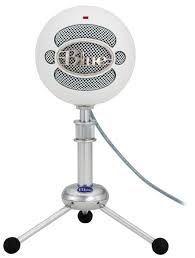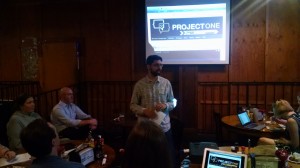Today I attended the first Digital Pedagogy Meetup (DigPed Meetup) of the 2015-2016 school year. Hosted, by The Atlanta Connected Learning collegial network of university faculty and staff in the Atlanta area, ATLCL hosts DigPed meetups one time a month which aims to create a social face-to-face forum where various members of facutly, staff, and graduate student instructors can share, and discover what is happening cross-university and cross-disciplinarily in the greater Atlanta area.
Each meeting is made up of two presentations, and discussions that occur during and after these presentations.
Today, Jeff Greene and Pete Rorabaugh at Kennesaw State University gave a talk titled “Reframing a Degree for a New Media Ecosphere” in which they detail their reframing of the writing BA in their newly restructured KSU department after the merger.
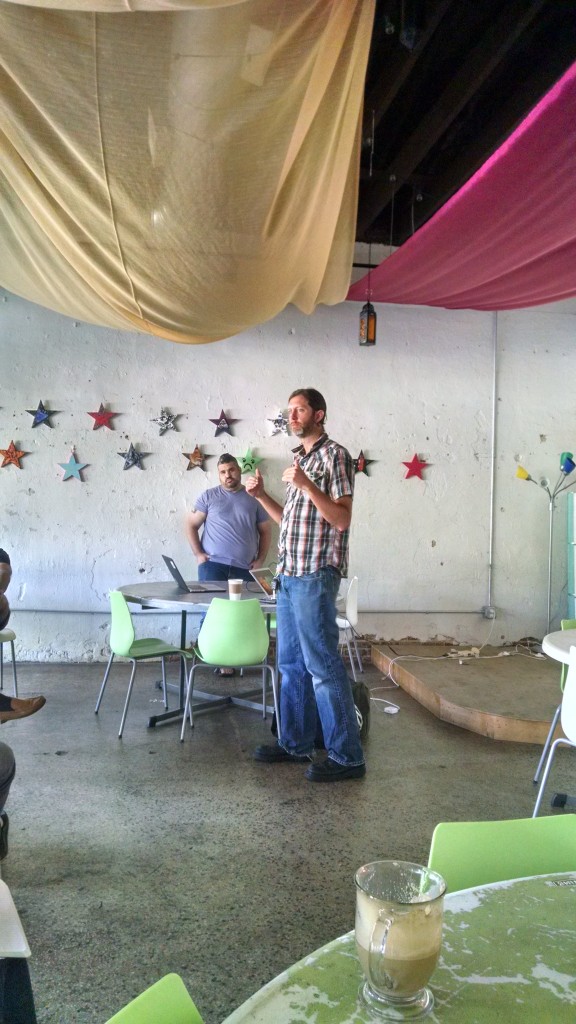 Jeff and Pete are teaching two courses, New Media I & II in which they teach a variety of composing skill that focus on content creation, interactivity and ownership. This kind of work is exciting, and necessary when we consider how quickly writing environments shift and change in today’s world where the digital is often emphasized.
Jeff and Pete are teaching two courses, New Media I & II in which they teach a variety of composing skill that focus on content creation, interactivity and ownership. This kind of work is exciting, and necessary when we consider how quickly writing environments shift and change in today’s world where the digital is often emphasized.
The second speaker was McKenna Rose at Emory, whose presentation was titled “Envisioning the Pechakucha: Strategies for Invention and Revision in the Literature Classroom.” McKenna explained her Pechakucha 20X20 assignment and showed a few examples of some of the work expected of her students.
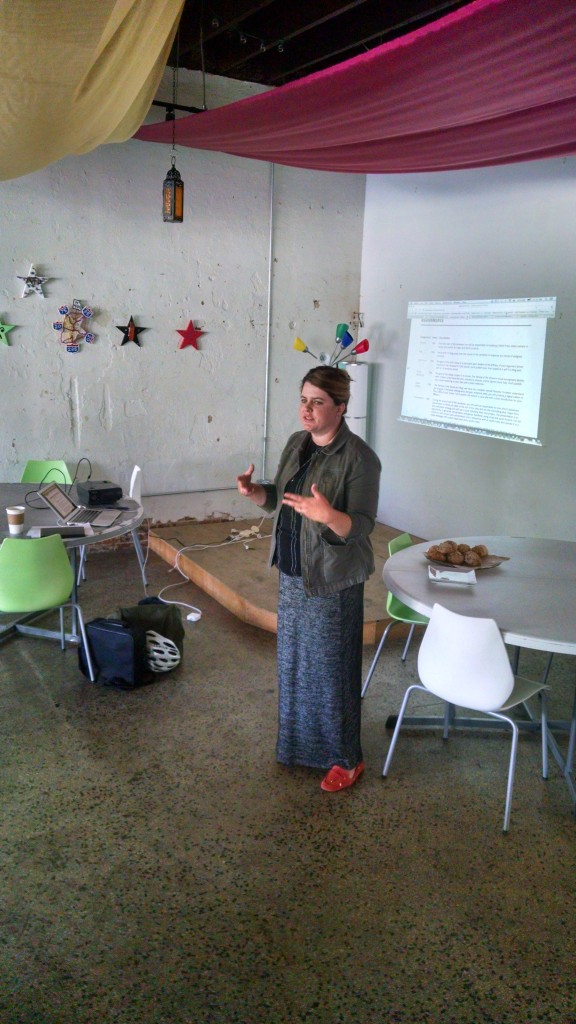 McKenna explained some of her techniques and processes as she asked her students to create and present their projects. What I love about presentations like McKenna’s is the robust discussion about teaching strategies and ideas about what else could be done with this format – coming straight from the audience.
McKenna explained some of her techniques and processes as she asked her students to create and present their projects. What I love about presentations like McKenna’s is the robust discussion about teaching strategies and ideas about what else could be done with this format – coming straight from the audience.
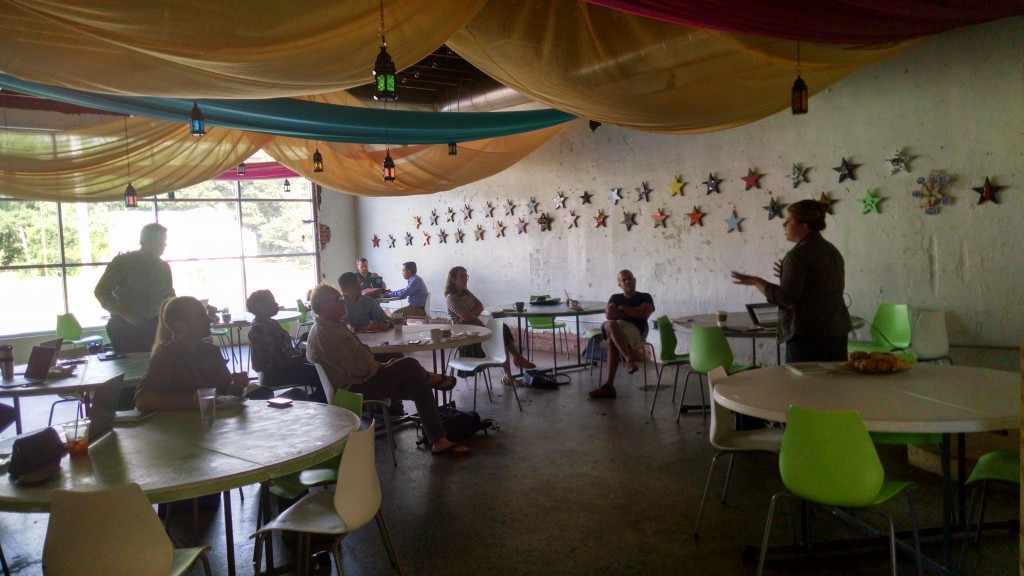 DigPed is always a wonderful experience, and the audience is engaged and ready for discussion. If you haven’t yet been to a DigPed Meetup, and you’re in the Atlanta area, I strongly recommend you visit the atlcl.org website and find out when the next one is occurring.
DigPed is always a wonderful experience, and the audience is engaged and ready for discussion. If you haven’t yet been to a DigPed Meetup, and you’re in the Atlanta area, I strongly recommend you visit the atlcl.org website and find out when the next one is occurring.
